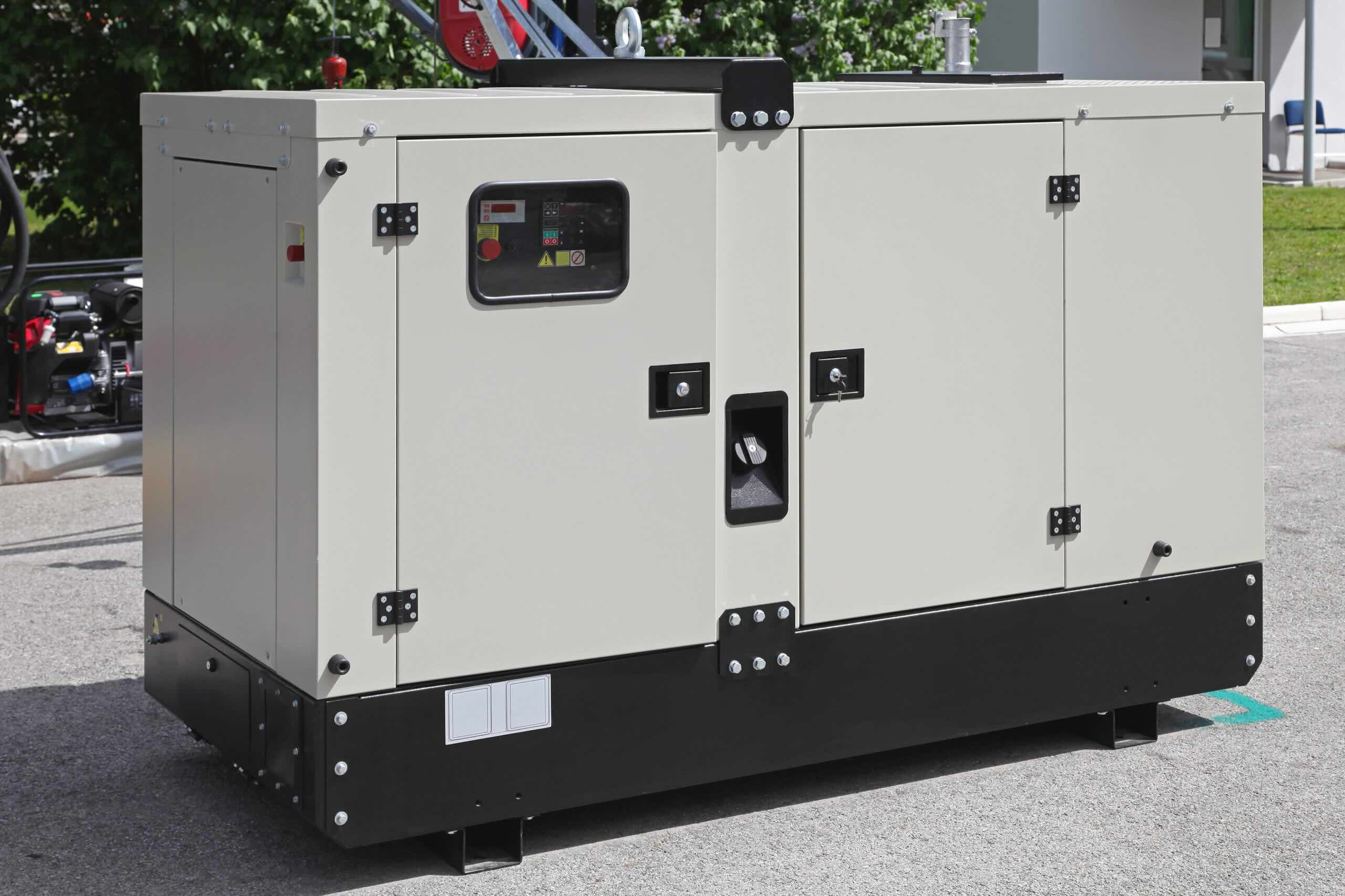
Generators are incredible machines that convert mechanical energy into electrical energy, powering everything from homes to hospitals during outages. Ever wondered how they work or what makes them tick? Generators come in various types, each suited for different needs, whether it's a portable unit for camping or a massive one for industrial use. They play a crucial role in our daily lives, ensuring we have electricity when the grid fails. From their invention to their modern applications, there's a lot to learn about these fascinating devices. Ready to dive into some intriguing facts about generators? Let's get started!
Generators: The Unsung Heroes
Generators are often the unsung heroes of modern life, providing power when the grid fails or when we're off the beaten path. These machines have fascinating histories and capabilities. Let's dive into some intriguing facts about generators.
-
The first generator was invented by Michael Faraday in 1831. He discovered electromagnetic induction, which is the principle behind generators.
-
Generators convert mechanical energy into electrical energy. This process involves moving a conductor through a magnetic field.
-
Diesel generators are the most common type used for backup power. They are reliable and efficient, making them a popular choice for emergency situations.
-
Portable generators are handy for outdoor activities. They provide power for camping, tailgating, and other events where electricity isn't readily available.
-
Generators can run on various fuels. Options include gasoline, diesel, natural gas, and even solar power.
How Generators Work
Understanding how generators work can help appreciate their importance. Here are some key points about their operation.
-
Generators have two main parts: the rotor and the stator. The rotor spins inside the stator to create electricity.
-
The rotor is connected to an engine. This engine can be powered by different fuels, depending on the type of generator.
-
The stator contains coils of wire. When the rotor spins, it creates a magnetic field that induces an electric current in these coils.
-
Generators produce alternating current (AC) or direct current (DC). Most home and commercial generators produce AC, which is what most appliances use.
-
Inverters can convert DC to AC. This is useful for solar generators, which often produce DC power.
Uses of Generators
Generators have a wide range of applications, from home use to industrial settings. Here are some interesting uses.
-
Hospitals rely on generators for backup power. This ensures that critical medical equipment remains operational during power outages.
-
Construction sites use generators to power tools and machinery. They are essential for projects in remote locations without access to the grid.
-
Generators are crucial for disaster relief efforts. They provide power for emergency shelters, medical facilities, and communication systems.
-
Farmers use generators to power irrigation systems. This helps ensure crops receive water even during power outages.
-
Generators are used in the film industry. They provide power for lighting and equipment on remote shoots.
Environmental Impact
While generators are incredibly useful, they also have environmental impacts. Here are some facts about their ecological footprint.
-
Diesel generators produce emissions. These include carbon dioxide, nitrogen oxides, and particulate matter, which contribute to air pollution.
-
Natural gas generators are cleaner than diesel. They produce fewer emissions and are more environmentally friendly.
-
Solar generators have the least environmental impact. They use renewable energy and produce no emissions during operation.
-
Hybrid generators combine different power sources. This can reduce emissions and improve efficiency.
-
Regular maintenance can reduce a generator's environmental impact. Properly maintained generators run more efficiently and produce fewer emissions.
Safety Tips
Using generators safely is crucial to prevent accidents and injuries. Here are some important safety tips.
-
Never run a generator indoors. Generators produce carbon monoxide, which can be deadly in enclosed spaces.
-
Keep generators dry. Water can cause electrical shocks and damage the generator.
-
Use heavy-duty extension cords. These can handle the power output of the generator without overheating.
-
Store fuel safely. Keep it in approved containers and away from heat sources.
-
Turn off the generator before refueling. This prevents fuel spills and reduces the risk of fire.
Fun Facts
Generators have some fun and surprising aspects too. Here are a few to lighten the mood.
-
The largest generator in the world is at the Three Gorges Dam in China. It can produce up to 22,500 megawatts of power.
-
Some generators are powered by human energy. Pedal-powered generators can charge small devices like phones and laptops.
Final Thoughts on Generators
Generators are more than just backup power sources. They’re vital for homes, businesses, and even outdoor adventures. From portable generators for camping trips to industrial generators powering large facilities, their versatility is unmatched. Knowing the different types and how they work can help you choose the right one for your needs. Regular maintenance ensures they run smoothly when you need them most. Safety is key, so always follow guidelines to prevent accidents. Whether you’re preparing for a storm or planning an off-grid adventure, understanding generators can make a big difference. They’re not just machines; they’re lifelines in emergencies and enablers of convenience. So, next time you think about power, remember the humble generator and all it brings to the table. Stay powered, stay safe, and keep exploring the possibilities.
Was this page helpful?
Our commitment to delivering trustworthy and engaging content is at the heart of what we do. Each fact on our site is contributed by real users like you, bringing a wealth of diverse insights and information. To ensure the highest standards of accuracy and reliability, our dedicated editors meticulously review each submission. This process guarantees that the facts we share are not only fascinating but also credible. Trust in our commitment to quality and authenticity as you explore and learn with us.
